Evaluating comparative broiler performance through trials
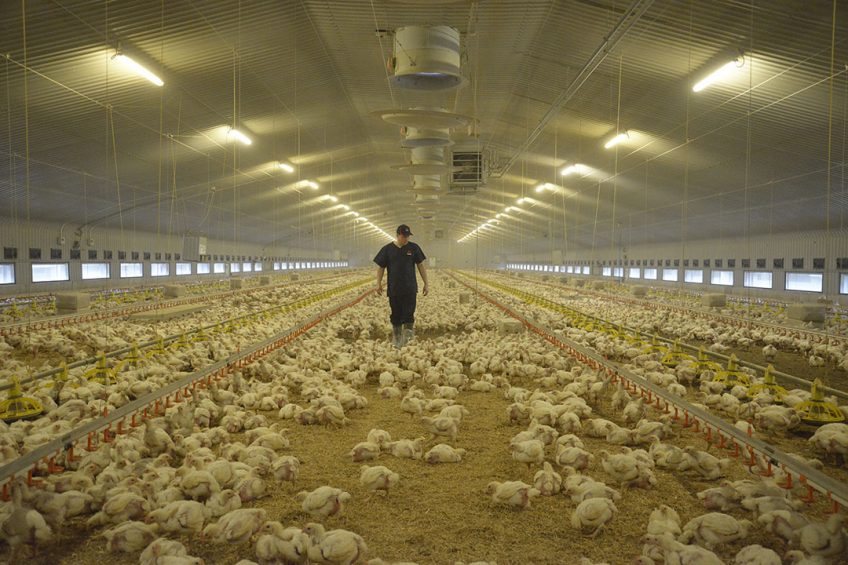
Carefully planned broiler trials with clearly defined objectives provide valuable information on product performance. Incorrectly designed trials produce inaccurate data which can lead to incorrect decisions and ultimately economic losses.
Key considerations when devising broiler trials are:
- Ensure that variation in management between treatments is minimised.
- Use paired house testing with multiple paired placements, testing the same parameters over time to minimise bias.
- Use random bird sampling procedures, sufficient sample size and consistent testing to ensure reliable data.
- Clearly communicate the trials objectives and procedures to all involved.
- Use blind testing (where breeds/treatments are not known to those on farm) to avoid bias.
- Record live weight, FCR and mortality at selected ages and separately for each house.
- Use a single source flock for each breed and minimise difference in source flock ages (± 2 weeks) for each breed.
- Have in place correct data collection and analysis.
Measurements
Weighing
It is recommended to record live weight at regular intervals during the trial to provide weight-to-age comparisons. Ages for weighing will depend on the trial protocol and final processing age, but weights should be taken at days 0 and 7 as a matter of routine and then at selected ages thereafter.
When weighing birds:
- Weigh a minimum of 100 birds or 1% of the flock at each selected age. Equal-sized samples should be taken from at least three locations (away from doors and walls) in each house.
- Good bird welfare must be considered at all times.
- Use the same scales each time and calibrate scales before every weighing.
- Investigate unexpected changes in live weight immediately.
FCR
Correctly measuring FCR provides information on flock cost and/or profit. To determine FCR, it is necessary to have an accurate measurement of feed consumed and to keep feed deliveries between the houses separate.
Thinning
It is not recommended to thin trial flocks due to the effects of thinning on FCR. If thinning is unavoidable it must be done exactly the same way in each house.
Mortality
Mortality records should be kept daily, beginning at placement, and be recorded separately by house, and if possible, by sex. Any euthanised birds should be recorded separately.
Processing
Selection of birds for processing should be random, collecting at least 100 birds per house (50 males and 50 females). Each bird should be clearly identified (with a wing or leg band). Birds should be processed in the same way and on the same day to obtain reliable results.
Processing data should be collected on an individual bird basis. Weights for the whole carcass and carcass components of importance to the customer should be taken and calculated as a percentage of live weight.
Data analysis
Data can be analysed in a number of ways. Some things to consider are:
- Do not use data from houses with known issues.
- Remove incorrect or outlying data.
- Adjust FCR to a common weight.
- Rounding numbers can impact results. Report live weight to the nearest gramme and carcass yield to 2 decimal places.
For more detailed information on evaluating comparative broiler performance, please refer to the Aviagen Brief.
Join 31,000+ subscribers
Subscribe to our newsletter to stay updated about all the need-to-know content in the poultry sector, three times a week. Beheer
Beheer
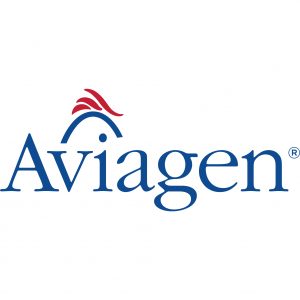
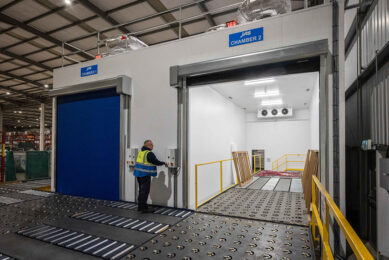

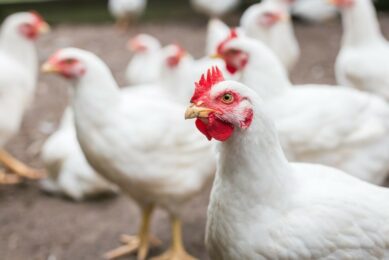
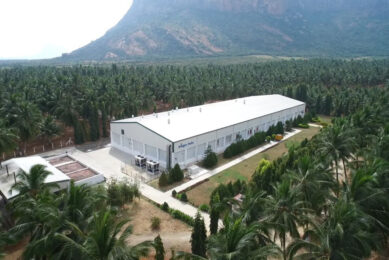
 WP Admin
WP Admin  Bewerk bericht
Bewerk bericht